
PLN's obligations to IPPs could hit $7.2b by 2021
The pandemic would cause a dramatic fall in demand for the utility.
Indonesia’s Perusahaan Listrik Negara (PLN) could see its payments to independent power producers (IPP) hit as high as $7.2b (IDR119.8t) by 2021 as the state-owned utility reels from the pandemic and global recession, according to an Institute for Energy Economics and Financial Analysis (IEEFA) report.
PLN has enjoyed a protected position due to strong demand and installed capacity growth, which has been financed through easy access to the global bond market as well as funding from North Asian export credit agencies to support IPPs.
However, the slower economic growth caused by the pandemic will mean a dramatic fall in demand for PLN, as factories and businesses shut down and urban consumers limit their activity or return to rural areas.
This meant that PLN’s dealings with the public and global markets will need to be adjusted, which will require senior policy leaders to consider how to unwind the utility’s high-risk bet on baseload coal IPPs, explained IEEFA’s director of energy finance studies in Asia, Melissa Brown.
Managing these risks will involve addressing fundamentals related to the Ministry of Energy and Natural Resources’ (MEMR) planning discipline, the negative impact of a dramatic rise in IPP payment obligations on required subsidies in 2021, and system distortions cause by excess capacity in the Java-Bali grid and under-investment in grid management.
“The Indonesian power market has a long history of opaque dealing, with a generous mix of regional geo-politics. This has resulted in an unstable financial scenario that would best be addressed by forging a new consensus on burden-sharing with the IPPs,” Brown said.
To mitigate cash leakage, IEEFA recommends for PLN to reach out to the IPPs to explore burden-sharing strategies that would allow it to manage immediate payments. They may also focus on delaying the system expenses related to the IPPs, such as grid spending for remote mine-mouth IPPs in regions with low power demand.
Brown also suggested exploring ways to delay commissioning of facilities that are in the pipeline for 2021 and 2022, and shelve pending IPP negotiations, especially those that would add unneeded capacity to the Java-Bali grid.
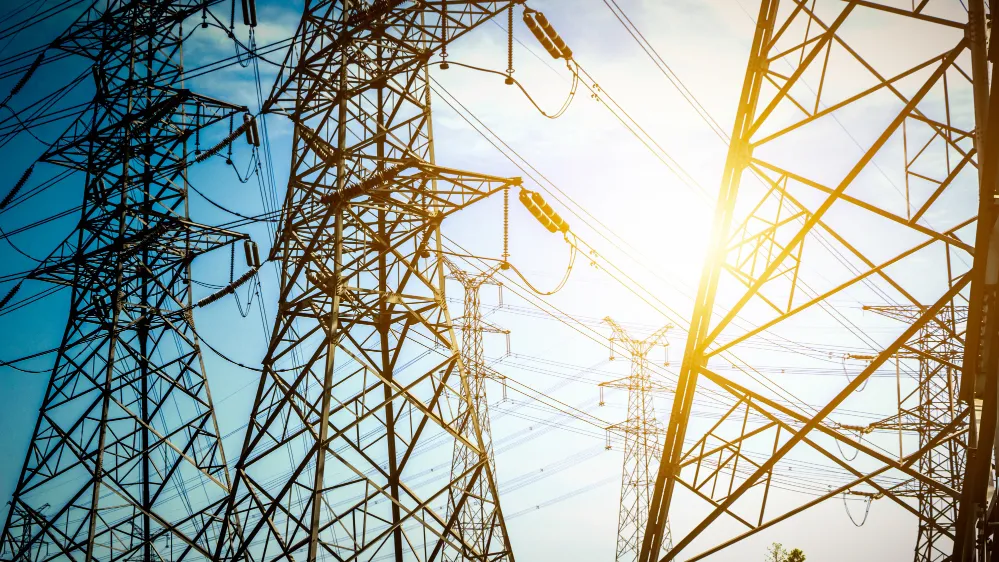
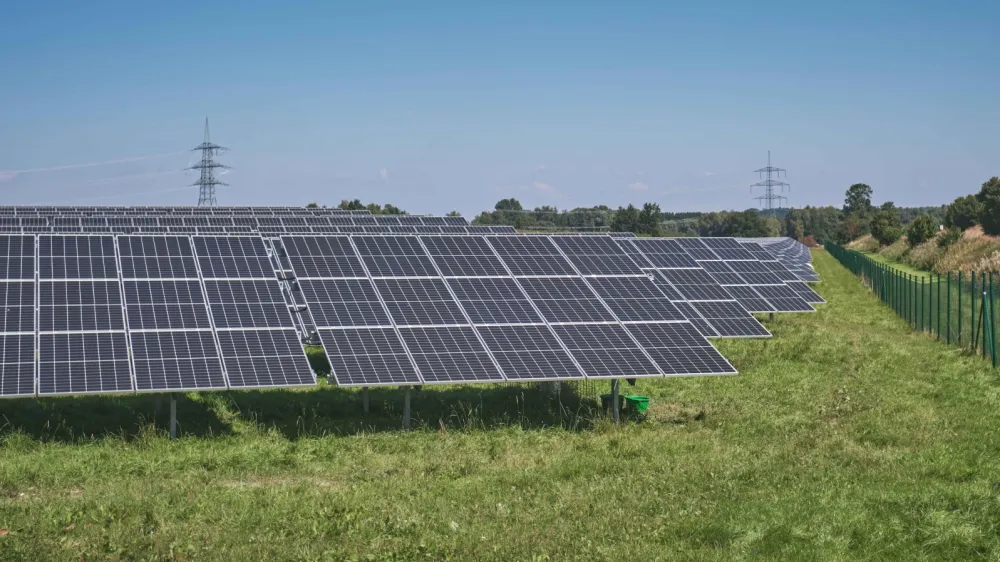
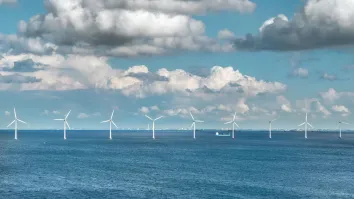
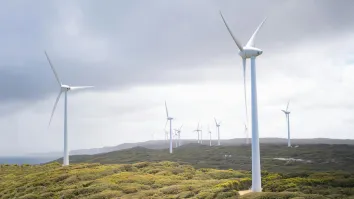
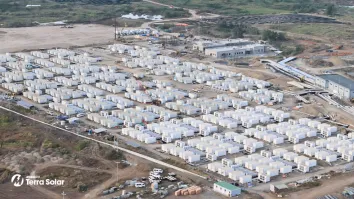
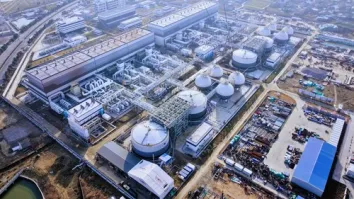













 Advertise
Advertise









